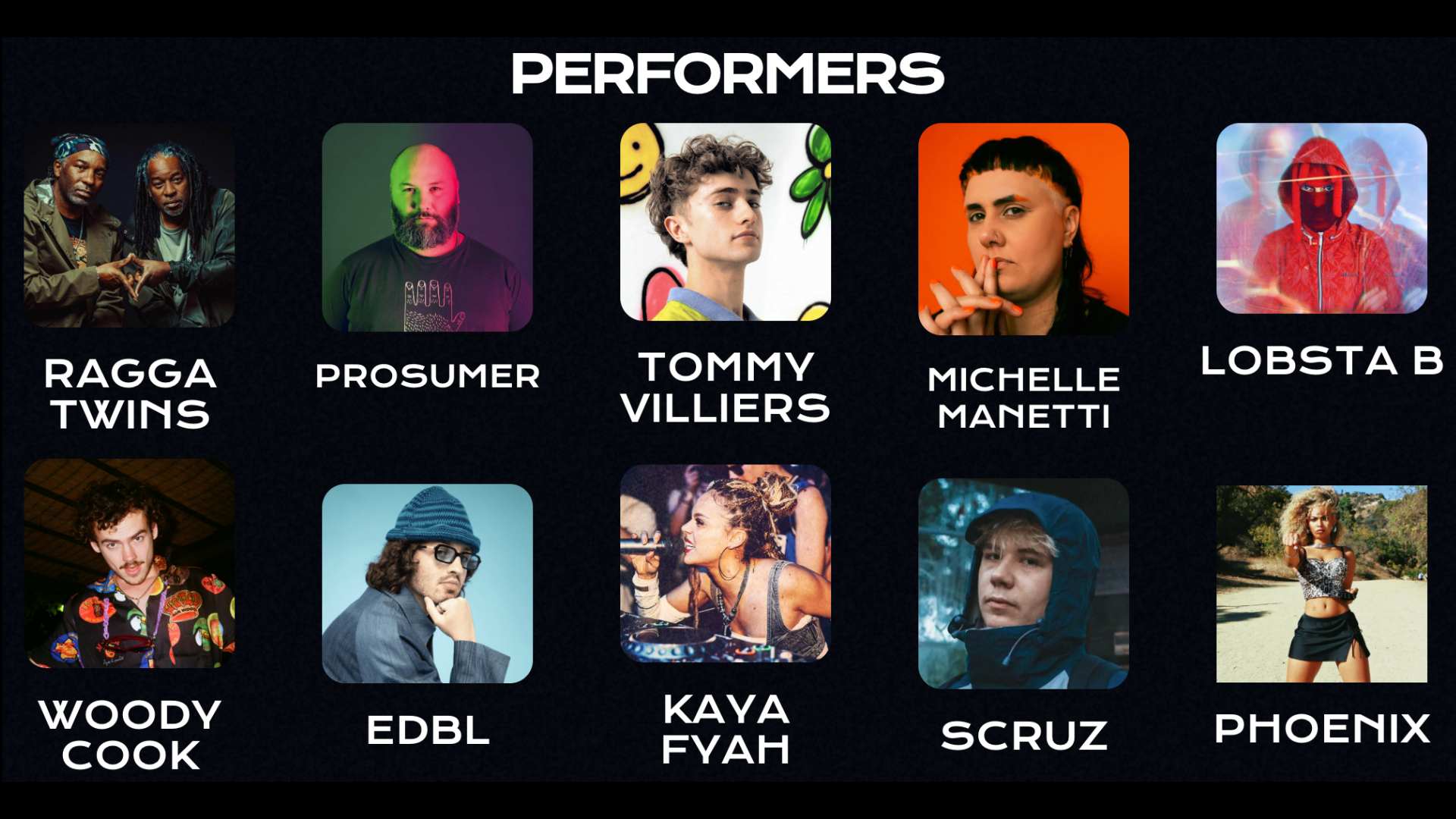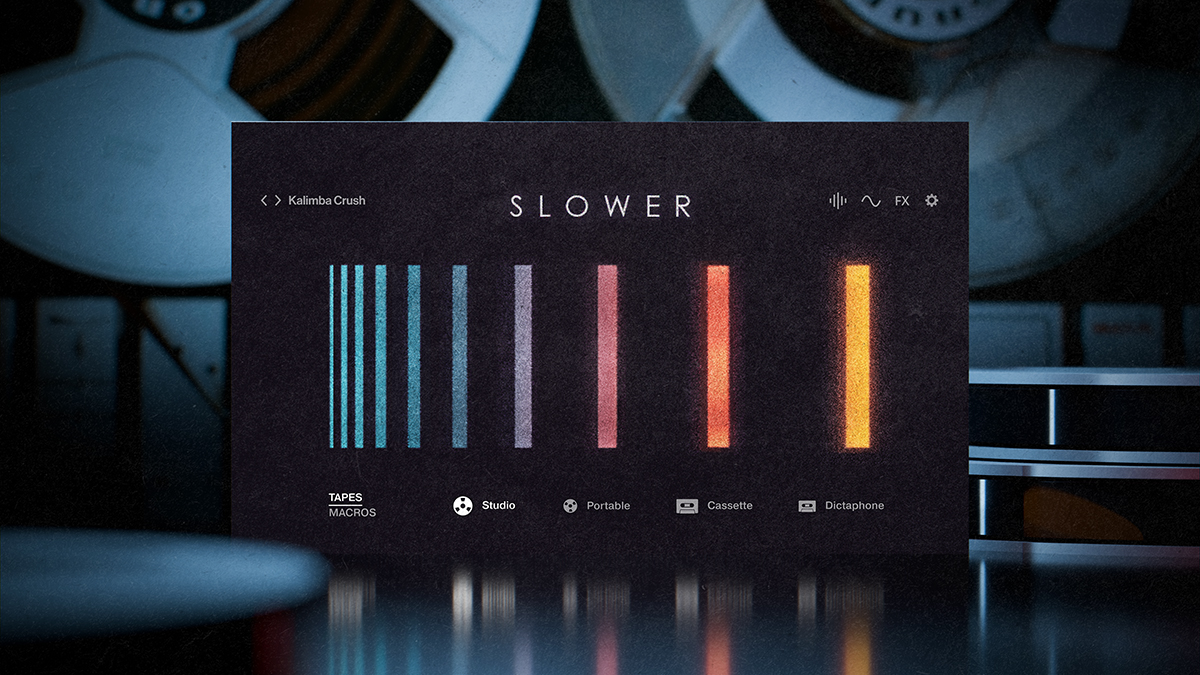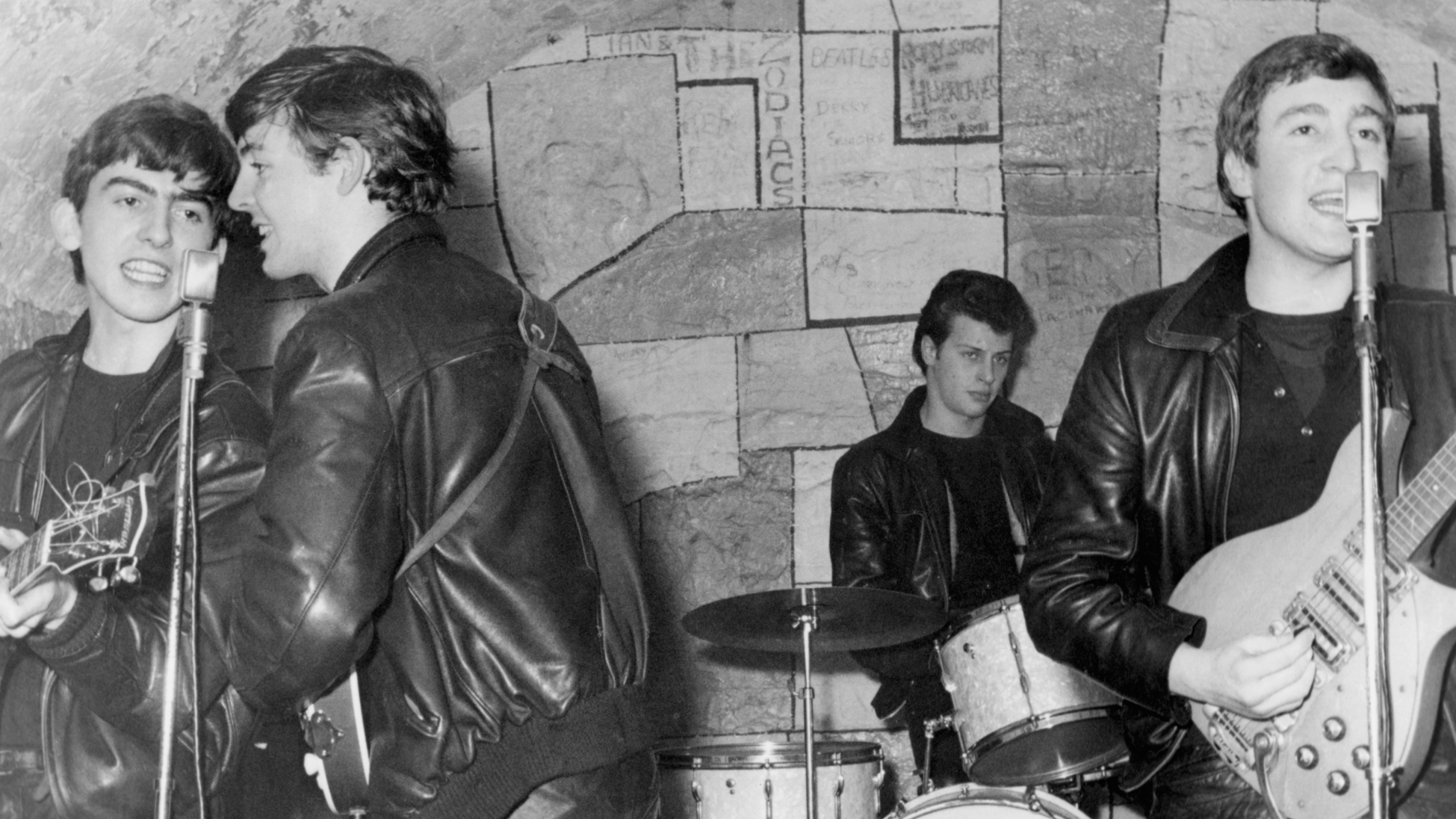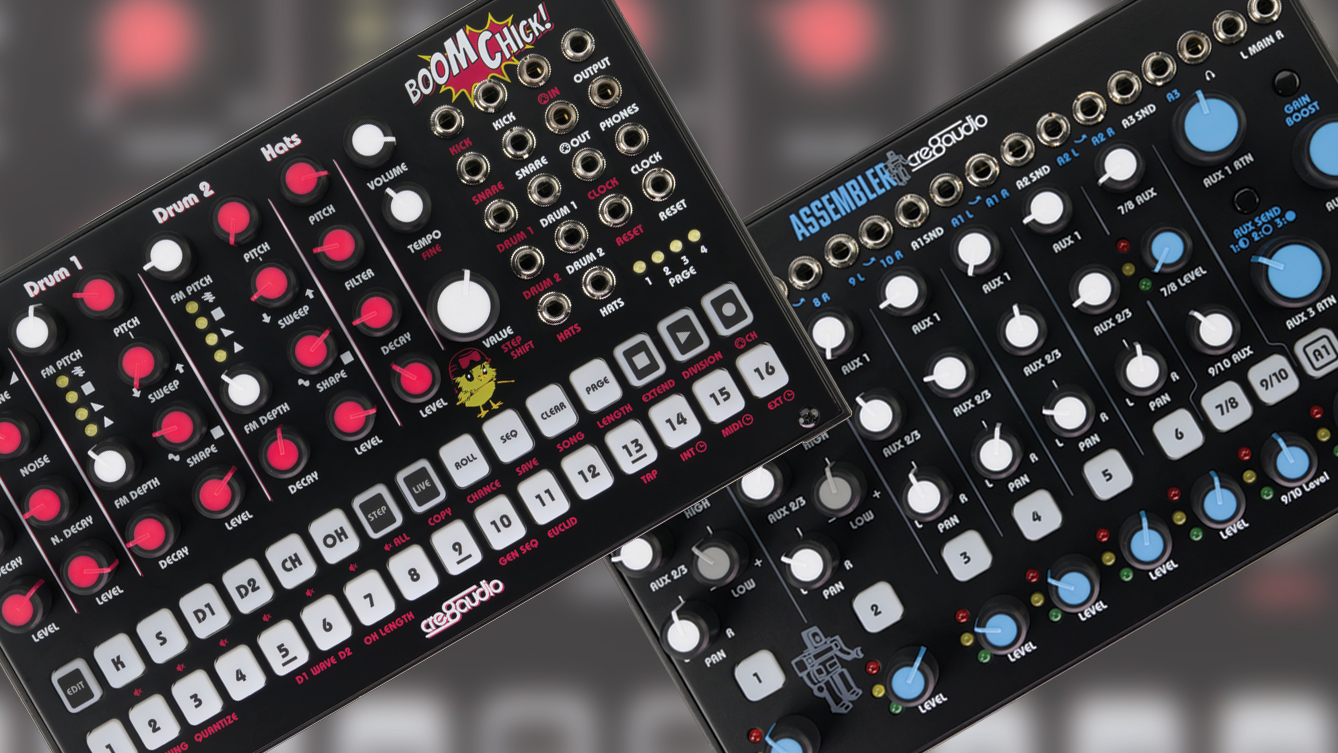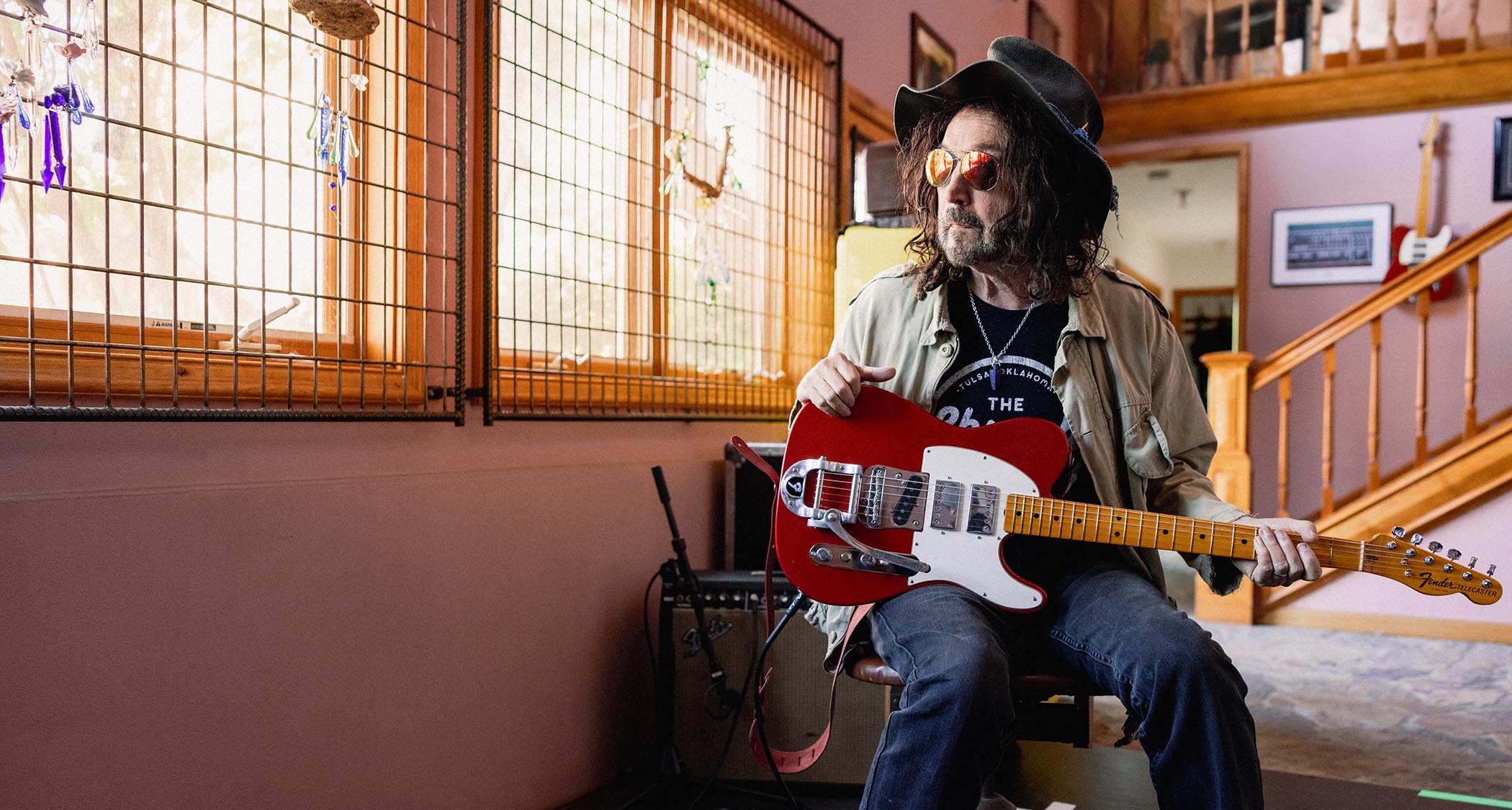Spotify wins major court case, over controversial 'bundling' that lowered artist payments
The bundling in of audiobooks – triggering new, even more advantageous payment terms – has been ruled legal
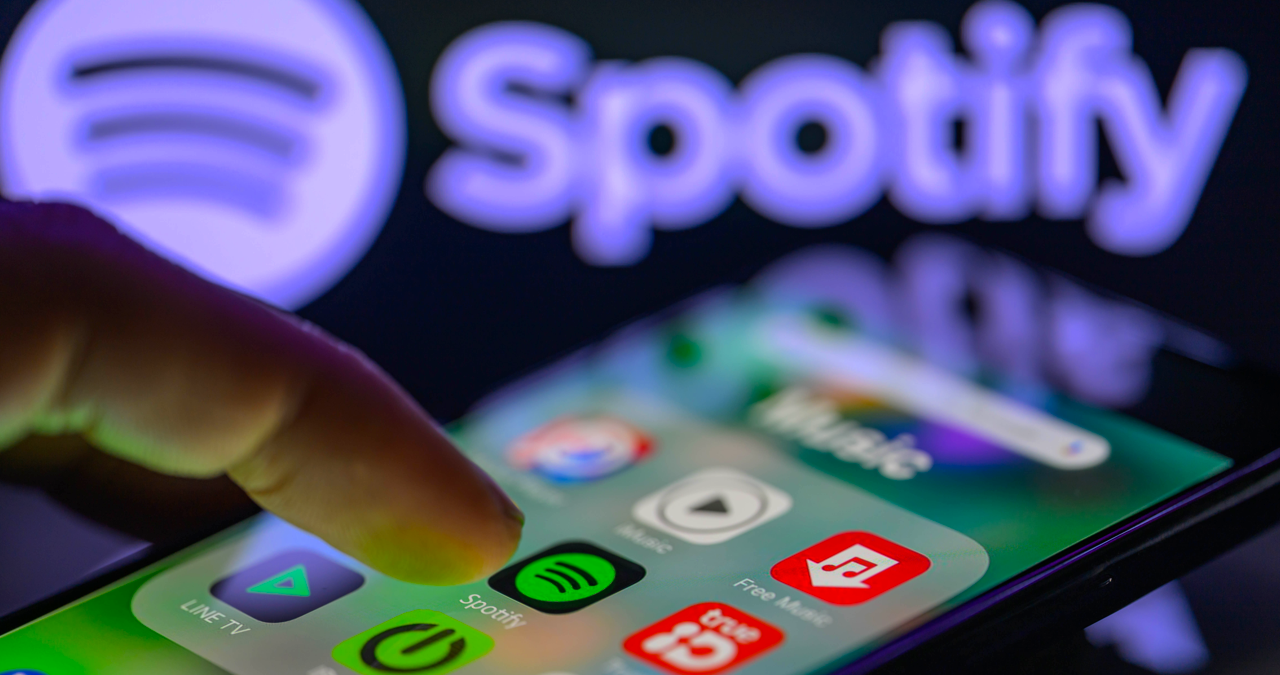
Spotify has just won in a US court case regarding claims that an attempt to add extra value to their customers was simply a move to reduce payments to artists on the platform.
The bundling of an audiobook service into the already millions of music tracks available had been seen as a clever tactic that hugely increased the volume of minutes of content that the platform offered, thus further watering down the amount per stream that an artist could earn.
Having introduced the audiobook option into their premium streaming service Spotify was able to invoke a settlement they’d made with music publishers in 2022 that agreed that streaming services are allowed to pay less on music subscriptions when they are bundled with other services.
The theory goes that if there’s a finite amount of money coming in (i.e. all the monthly subs paid by Spotify's subscribers) and a portion of this money is then divided equally on a per-stream basis between all of the parties providing content, then an influx of new content would dilute revenue further. Thus taking on audiobooks (with durations far longer than any song or album) could be seen as a smart means to pay out less money to any artist.
That’s the theory at least, and spotting what they thought was Spotify’s gambit, the Mechanical Licensing Collective, the nonprofit agency responsible for issuing mechanical (i.e. playback) licenses to streaming services, sued Spotify in May of 2024 citing the ‘bundle’ as a loophole that allowed the service to “unilaterally and unlawfully” begin reducing the rates they’d agree to pay for music playback by as much as 50 percent.
Throw the (audio) book at them
However, in a memorandum filed last Wednesday 29 January the court has come down in Spotify’s favour and that the wording of their bundling agreement and the change to payable fees agreed within it was “unambiguous.”
“The only plausible application of the law supports Spotify’s position,” judge Analisa Torres wrote in her closing statement. “Under the facts as alleged, audiobook streaming is a product or service that is distinct from music streaming and has more than token value. Premium is, therefore, properly categorized as a bundle, and the allegations of the complaint do not plausibly suggest otherwise.”
Get the MusicRadar Newsletter
Want all the hottest music and gear news, reviews, deals, features and more, direct to your inbox? Sign up here.
This result is, of course, not great news for music artists who have long complained about the unfairly low amount being paid to the creators of the music on streaming platforms while their executives, such as Daniel Ek, the founder and CEO of Spotify, become richer than any music artist who has ever lived.
“The MLC brought this action to address the unprecedented steps taken by Spotify to significantly underreport royalties to The MLC,” the MLC said in its statement. “We continue to be concerned that Spotify’s actions are not consistent with the law, and that today’s decision does not align with the facts and legal principles central to this action. We are reviewing the decision and evaluating all available options, including our right to appeal.”
Speaking to Rolling Stone, a spokesperson for Spotify said that the company was “pleased with this outcome, which demonstrates that, after careful review by the court, Spotify’s Premium service is appropriately categorized as a bundle and offers valuable content alongside music.”
Too late to say sorry
Prior to this win Spotify had, last week, signed a new deal with Universal Music Group and its publishing arm UMPG that – according to insiders – improved some of the agreed payments within this controversial ‘bundling’ agreement. At the time David Israelite, the CEO of the trade group the National Music Publishers’ Association, called the new deal “a clear sign that Spotify felt the backlash to its bundling scheme.”
However, it seems likely that despite the new agreement and Spotify’s win, it’s likely that the issue of unfairly low payments to artists will be a controversy that won’t simply go away.
Daniel Griffiths is a veteran journalist who has worked on some of the biggest entertainment, tech and home brands in the world. He's interviewed countless big names, and covered countless new releases in the fields of music, videogames, movies, tech, gadgets, home improvement, self build, interiors and garden design. He’s the ex-Editor of Future Music and ex-Group Editor-in-Chief of Electronic Musician, Guitarist, Guitar World, Computer Music and more. He renovates property and writes for MusicRadar.com.


